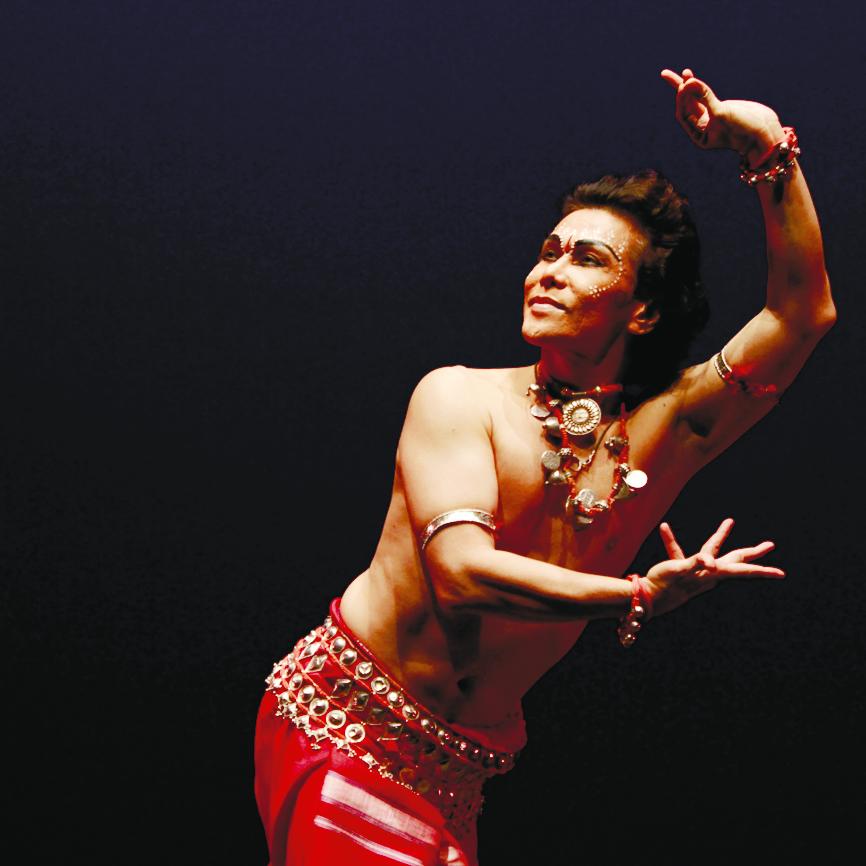AFTER 13 years of education in a controlled and strictly disciplined environment in schools, we send our children to a university to broaden their horizons in preparation to face the real world.
They are already young adults by then, with minds like a sponge eager to absorb and grow into this new phase in their lives. The university is where we entrust our children to be taught how to think laterally and out of the box, to meet the challenges of the real world.
We expect them to mature and be confident, with the ability to grow and excel in their chosen professions, and compete with their peers nationally and internationally. Only then can they make a difference in the world and blaze new trails through their innovative minds.
However, looking at the situation today and how our children are not given the freedom to be exposed to the realities of life – is this hope just wishful thinking? How can the horizons of our children be opened when their minds are still conditioned and encaged?
They are not given the liberty to be adventurous, encounter new perspectives and form their own perceptions and opinions. This only dampens their thirst for knowledge and the unknown.
A case in point is the abrupt cancellation of an online dialogue with Ramli Ibrahim, a renowned artiste in the Performing Arts. This is an opportunity missed to pick the brain of someone who pursued his passion in an art form of another race and religion.
What made an engineering graduate embark and excel in an artistry alien to his “natural” psyche? They will never know nor be able to cross boarders like Ramli did, who took a leap of faith to achieve his dreams.
I was fortunate to be an undergraduate in Universiti Sains Malaysia in the 70s. The rounded exposure I experienced was like a new world being opened to me. In the first year, I was exposed to a diverse number of subjects within the school of Humanities. These included Visual Arts, Critical Thinking, Performing Arts, Communication, Statistics to name a few.
Two of the 10 subjects had to be from a cross discipline, so I did International Relations and Sociology. In the second and third years, I majored in Mass Communication but still had to take subjects across disciplines so I added French, Philosophy, Photography and Dance to my course.
All this was to provide a rounded education and knowledge I had not experienced in my primary and secondary education.
The beautiful part of the system was also to accrue marks from course work. As such, we had to work hard throughout the year, and as a result, there was less pressure in the year-end final exams.
We would already know our grades for most subjects and could, therefore, spend more time and focus on the weaker subjects. It was less mental stress compared to when the final exams accounted for 100% of our marks.
On a lighter note, I found that I could take better photographs than my other travelling companions, understanding light and composition, and I managed to find my way when lost in France, with the splatter of French words I could still remember!
My hope is for a more liberal and open-minded exposure to the real world and applicable living skills to survive in today’s competitive world. Education is key to making this happen.
Otherwise, our future graduates will remain jobless, not in demand, and ultimately resort to being garbage collectors in Singapore, as has been proven to be the case.
Angeline Lesslar
Subang Jaya









